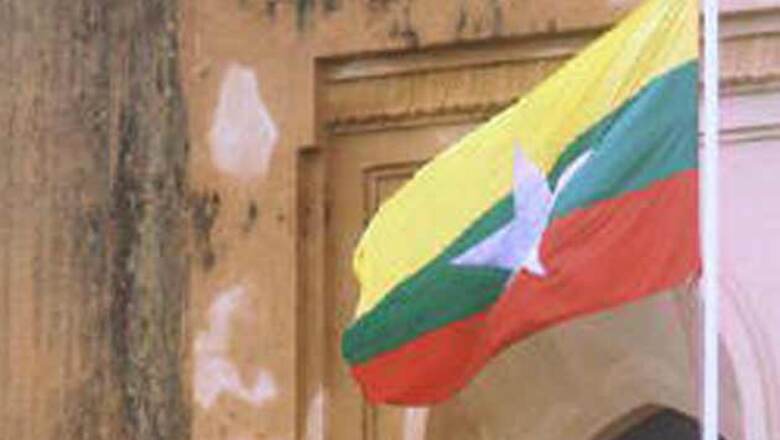
views
Yangon: Myanmar's secretive military-ruled government gave no sign on Monday of when results from the country's first election in two decades would be released, though it's almost certain power will remain in the hands of the junta and its political proxies.
What's unclear is whether the vote marks a small step toward democratic rule. While most observers have rejected the poll as a sham engineered to solidify military control, even some critics say having a parliament for the first time in 22 years could provide an opening for eventual change.
There was little doubt that the junta-backed Union Solidarity and Development Party would emerge with an enormous share of the parliamentary seats from Sunday's poll, despite widespread popular opposition to 48 years of military rule. It fielded 1,112 candidates for the 1,159 seats in the two-house national parliament and 14 regional parliaments, while the largest anti-government party, the National Democratic Force, contested just 164 spots.
Detained Nobel Peace Prize laureate Aung San Suu Kyi, whose party won a landslide victory in the last elections in 1990 but was barred from taking office, urged a boycott of the vote. Hundreds of potential opposition candidates were either in prison or, like Suu Kyi, under house arrest.
Although the balloting passed peacefully in most parts of the country, anti-government rebels clashed with government troops in the border town of Myawaddy.
Khin Ohmar, a spokeswoman for Burma Partnership, said a faction of the Democratic Karen Buddhist Army, seized the town's police station and post office on Sunday. The group sides with the regime, but a faction has split off and along with other Karen rebels is fighting the central government.
An Associated Press photographer said clashes continued on Monday, with bullets landing on the Thai side of the frontier and people fleeing across the Moei River into Thailand.
The military has ruled Myanmar since 1962, when it was known as Burma. Decades of human rights abuses and mistreatment of its ethnic minorities have turned the Southeast Asian nation into a diplomatic outcast. The junta has squandered Myanmar's vast natural resources through economic mismanagement and found itself allied with international pariahs like North Korea.
While the vote was widely condemned in the Western world, it was met with virtual silence by Myanmar's chief ally, China, and economic partners in India and Southeast Asia.
Many voters said they wanted to cast their votes against the junta's politicians.
"I cannot stay home and do nothing," said Yi Yi, a 45-year-old computer technician in Yangon. "I have to go out and vote against USDP. That's how I will defy them (the junta)."
Voter turnout appeared light at many polling stations in Yangon, the country's largest city. Some residents said they were staying home as rumors circulated that bombs would explode.
By late Sunday night, some of the opposition politicians who took part in the elections were expressing dismay at what they called widespread cheating.
The junta and its proxy party "are so shameless in their utter craving for power that they brazenly rig votes with complete disregard for the people and the credibility of the election," said Khin Maung Swe, a top official with the National Democratic Force. "They are desperately robbing votes."
Several parties say many voters were already strong-armed into casting ballots for the junta's proxy party in a system of advance voting. Khin Maung Swe said there were also problems with voter rolls and ballot counting, though he gave no details.
It was not clear when full results would be announced — officials would only say they would come "in time." And no matter the election results, the constitution sets aside 25 percent of parliamentary seats for military appointees.
Soe Aung, deputy secretary of the Thailand-based Forum for Democracy in Burma, called on the international community not to recognize the election results "because this is a sham election" that will create "rubber-stamp" parliament for the military.
Such criticism was echoed internationally.
A statement from President Barack Obama, who is on a tour of Asia, said the elections were "neither free nor fair, and failed to meet any of the internationally accepted standards associated with legitimate elections."
He said the United States would continue to pursue a policy of both "pressure and engagement" in seeking change in Myanmar.
The European Union said authorities "did not take the necessary steps to ensure a free, fair and inclusive electoral process," but noted that the partial participation of civil society "could represent an opportunity for change."
Some voters and experts on Myanmar said that despite the election's wealth of problems, creating a parliament for the first time in more than two decades might provide an opening for eventual change in this deeply troubled nation, which despite its political isolation has become a crossroads for Asian trade and an important natural gas supplier to energy-starved China and India.
"The elections, for all their farcical elements, have already achieved something: Burmese people are listening and talking more about politics than they have for a long time," said Monique Skidmore of Australian National University. "It seems likely that the very small public political space will be widened and this is probably the best outcome we can hope for from the election."
Optimists say even a handful of opposition lawmakers could allow for limited government oversight, and pave the way for more political change eventually.
Democracy advocates are now looking toward the coming few days. Officials have indicated that Suu Kyi could be freed from house arrest sometime after the election.
Suu Kyi's lawyer Nyan Win said on Monday that he was certain Suu Kyi would be released Saturday, when her latest period of detention expires.
"We are making plans for a welcoming ceremony. We are also making plans for her safety and security," he said.
Suu Kyi has been locked up in her Yangon villa on and off ever since the ruling generals ignored the 1990 poll results. They hold a total of some 2,200 political prisoners.
While some analysts see Suu Kyi as increasingly marginalized, Skidmore dismissed that idea.
"From the moment she is released she will begin campaigning against the military regime, the new constitution, and the results of the elections," Skidmore said. She added that Suu Kyi's ability to mobilize activists and make use of the Internet and mobile telephones "will hasten the changes that will come from the election."











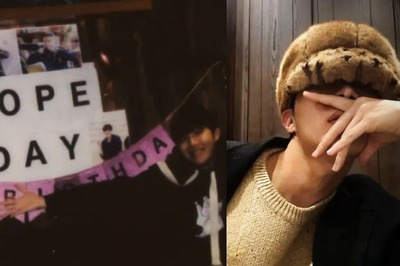

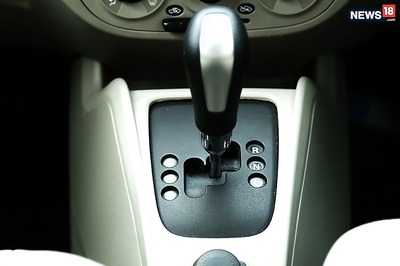

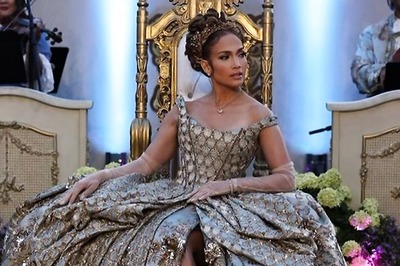
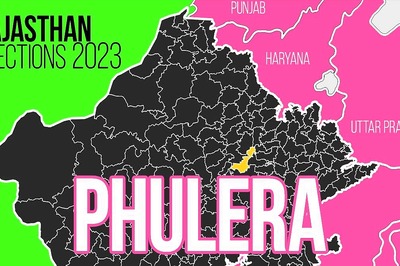


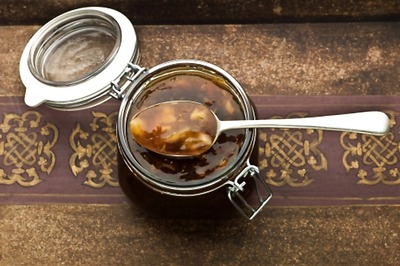
Comments
0 comment